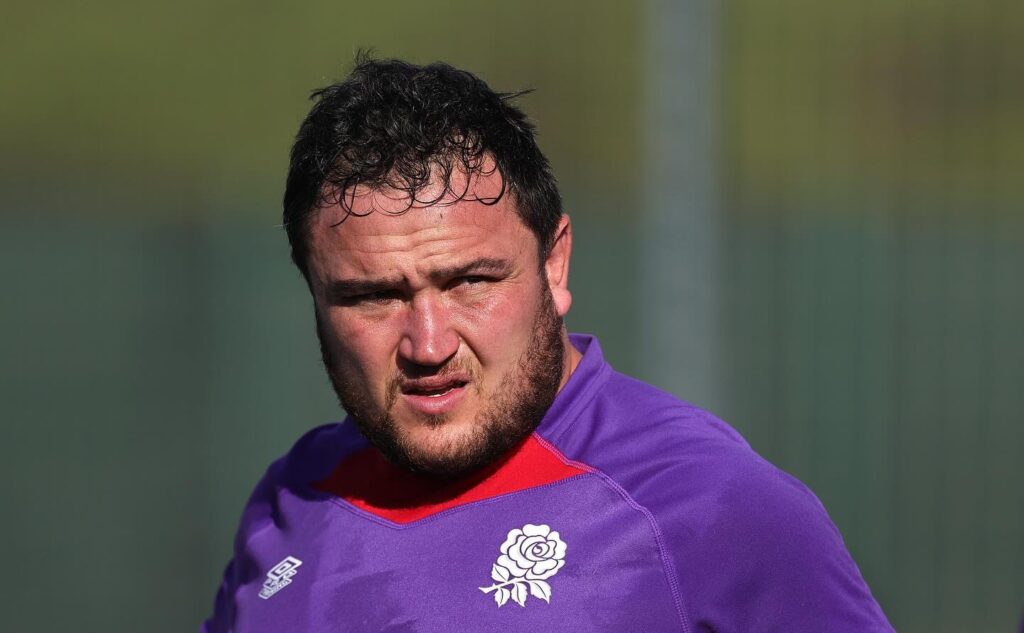This week, England rugby captain Jamie George said something that made it onto the front pages of the papers all across the UK. Many people, he said, are shocked to discover rugby players are paid professionals. We learned that word is out on how the general public regards the sport, as well as the realities of being a pro rugby player in England. In this article, we will take a closer look at George’s remarks, discuss the situation of professional rugby in England today, and consider the challenges and rewards of this physically and mentally demanding profession.
Public Relations vs. Actual Relationships
Rugby has a misconception at play common to many other sports, and Jamie George’s comments go to the heart of it. But given its massive popularity in England the Six Nations Championship and Rugby World Cup are national events there many see it as an amateur endeavor. This contrast between the perception of rugby as a collision sport, devoid of finesse, and the reality of it as a highly social endeavor (albeit a physical one) is perhaps best typified in the Rugby World Cup final in 2023 where the England and South African flanks spent more time shoving each other than the ball. It also enables them to make a living doing what they love.
Professionalism Rearing Its Head
Rugby Union became truly professional in 1995. This was a critical turning point for the sport, which rapidly evolved into professional leagues, inundated media attention, and huge financial investment. Drama, drama, drama: in England, the Premiership Rugby league trains the spotlight on the top tier of professional club rugby. It is comprised of twelve teams all vying for domestic glory. Certainly, this professionalization has raised the level of play compared to past, bringing in exceptional athletes from all across the world.
The life of a professional rugby player
Playing rugby professionally in England requires significant commitment and self-sacrifice. Players follow punishing training routines, emphasising strength, conditioning, and tactical awareness. They also follow strict diets, strict recovery programs to make sure they can perform at their best, week after week. In addition to other aspects, the nature of the sport is physical, so injuries frequent in sports. However, the rewards of a professional rugby career are not insignificant. Through their involvement in the game, players can take part in representing their club and their country on the largest stages, feeling the rush of competition and the community that comes with being one part of a great machine.
Financial Realities of Professional Rugby
So while top players in England can earn a fortune, it is worth noting that not all professional rugby players are millionaire superstars. Salaries are extremely varied depending on an array of things from playing position, experience, to club. Furthermore, at the professional level, one can be an older player (30-35), unless it is a “latiff,” in which case it is 30, but according to the average age and career span of a professional rugby player, it is not as long as other professions. That is why financial planning and preparation for life beyond rugby is so important.
How George performed as captain of the England team
The lengthy Jamie George conversation adds yet more context to this. As captain of the national team, the burden of representing our sport and its values to the general public rests on his shoulders. His shock comments on professional rugby players show he’s aware of the gulf between people’s perception of the game and the reality.
What Lies Ahead for Professional Rugby in England
The evolution of professional rugby continues in England. The sport continues to work through challenges, such as the well-being of players, the financial viability of teams, and the development of new fans. However, the outlook is promising, with participation rates on the rise and young generations continuing to develop an enthusiasm for the game.


